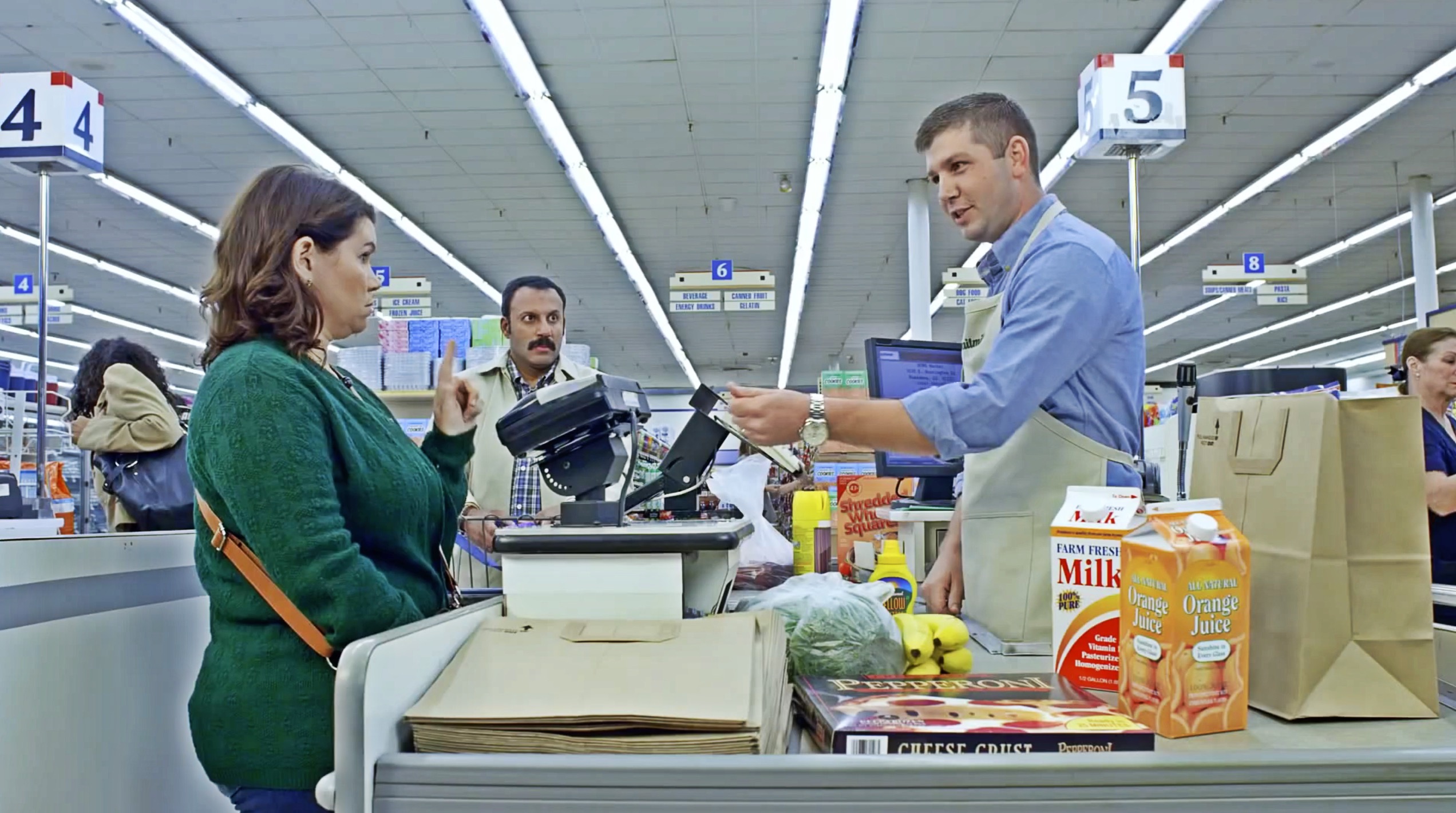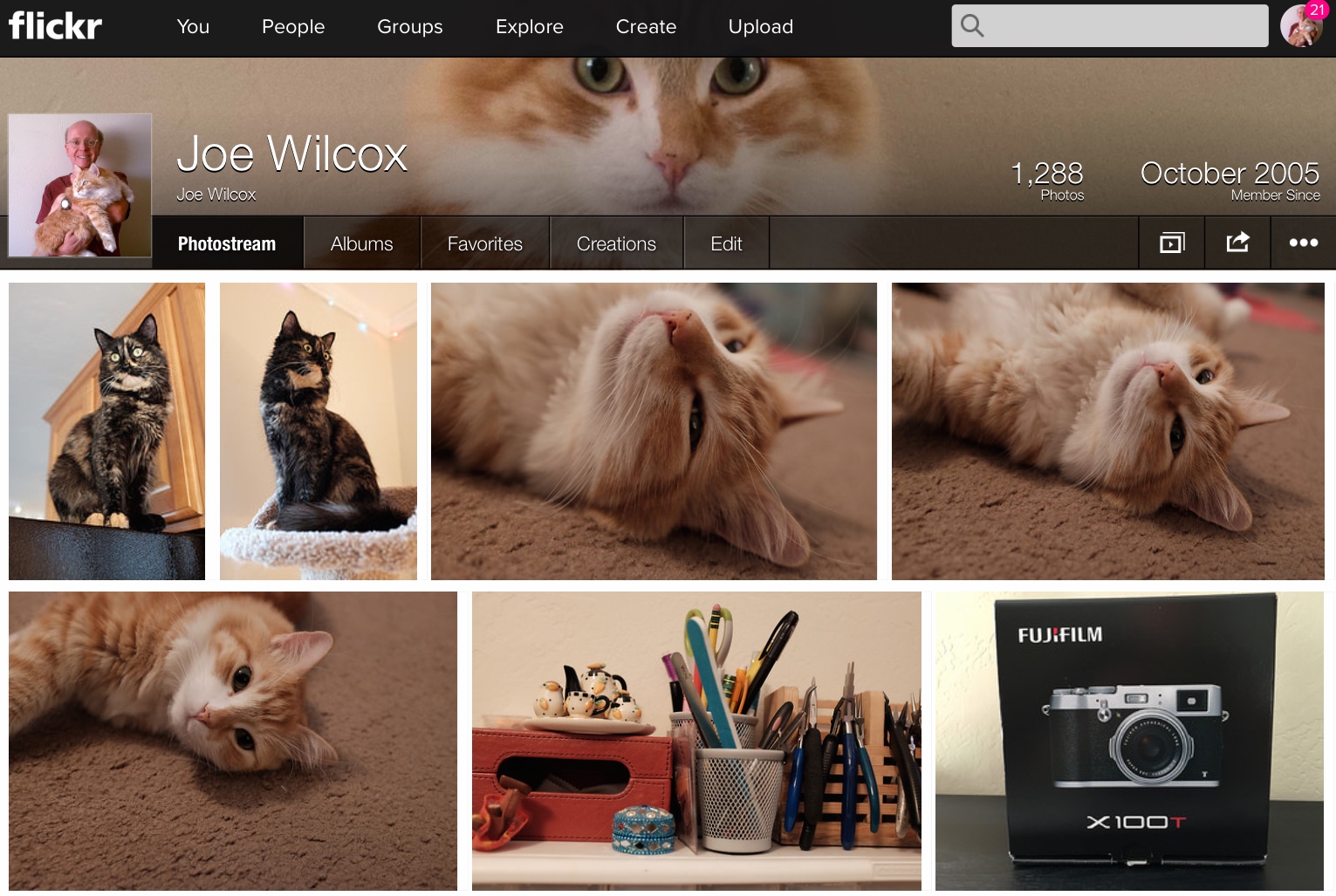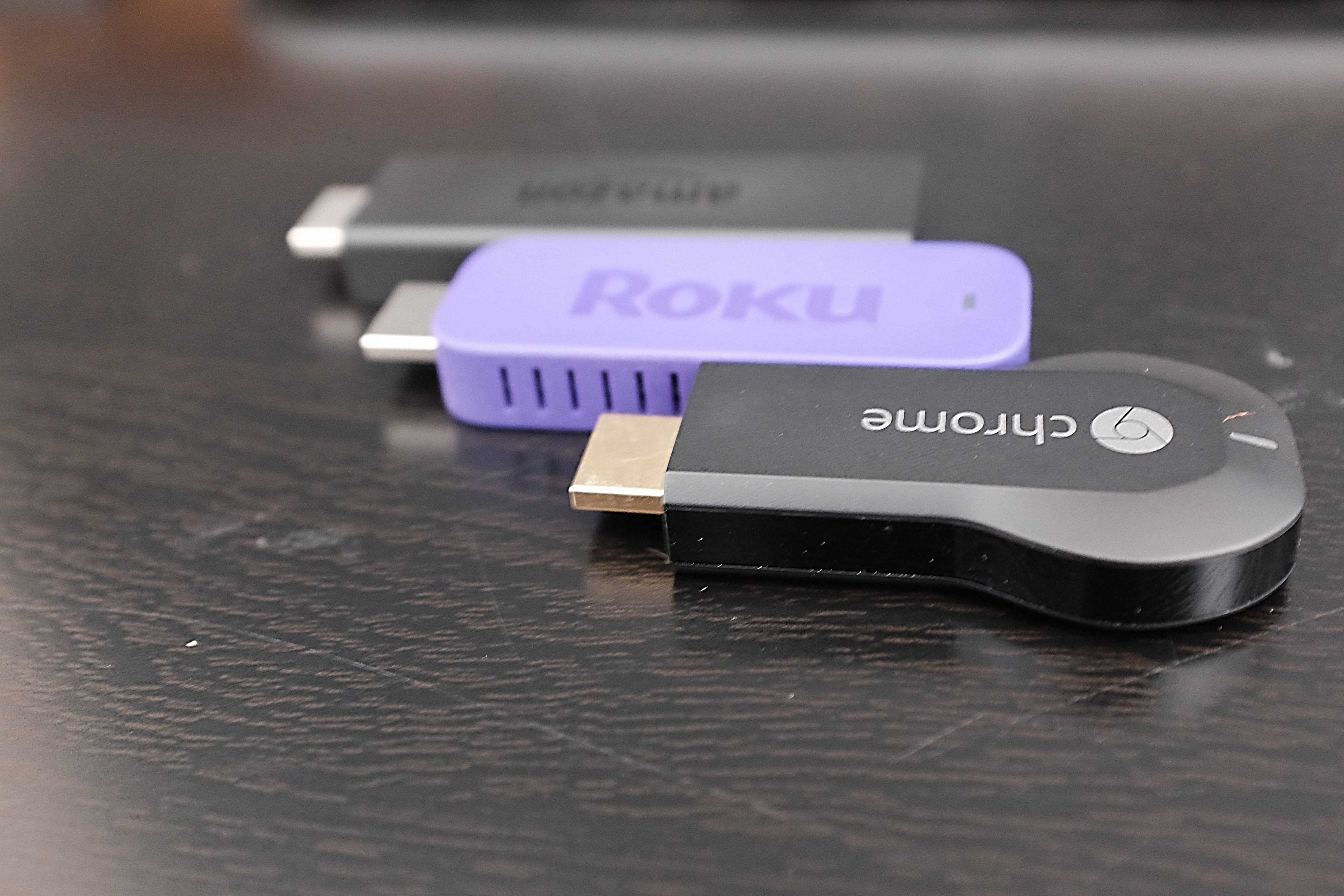That’s the question I asked over Black Friday weekend 2014. But searching online for comparisons brought little meaningful results. So I answer here, for others posing the same question, based on my experience.
We all make mistakes, but whoever really admits them? I do today. Simply stated: On December 1, I migrated my two sites—Five Minutes with Joe and Bunny Bows Press—from shared self-hosted WP to WordPress.com. I now regret the decision, returning to hosted WordPress 14 days later.










